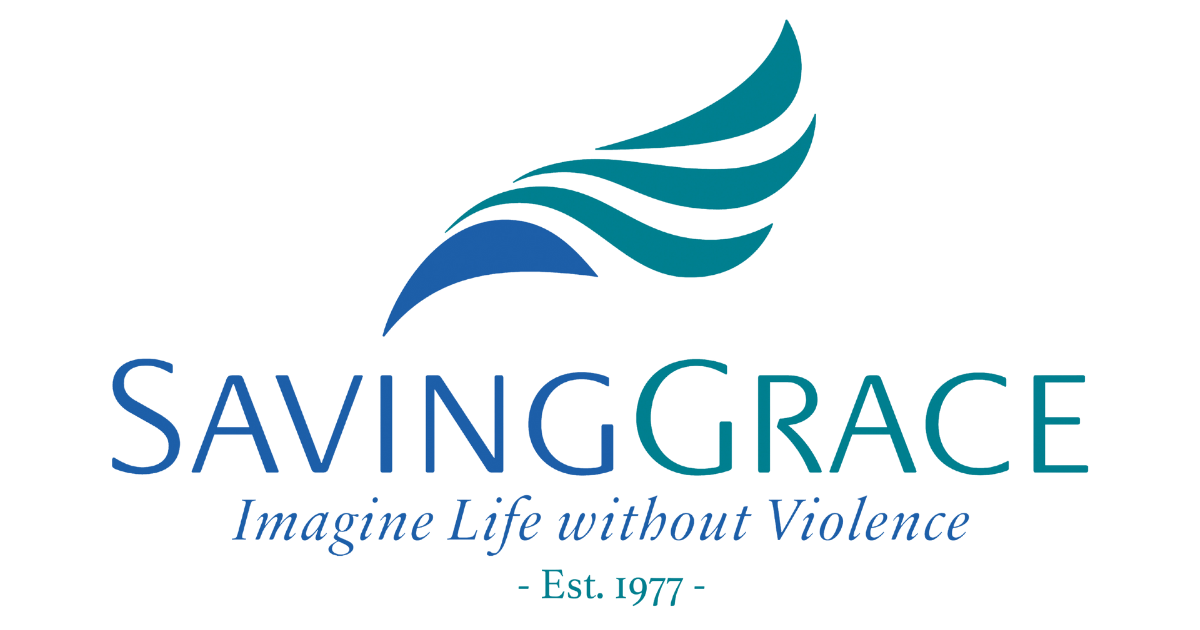24 Hour Helpline: 541-389-7021

Sexual Assault Resources
It's Not Your Fault
•
We Are Here For You
•
You Are Not Alone
•
It's Not Your Fault • We Are Here For You • You Are Not Alone •
If you have experienced sexual assault, it is important to know that you are not alone. We are here for you - our 24/7 helpline advocates are ready to help in any way we can. Call 541-389-7021 if you need help or just need to talk.
Sexual assault refers to non-consensual sexual activity or coercion imposed by an abuser. This form of abuse can occur within marriages, partnerships, dating relationships, friendships or between strangers. It's essential to emphasize that consent must be freely given, informed, and mutual in any sexual encounter. Combating sexual assault requires not only legal measures but also a culture shift that promotes healthy relationships, consent education, and support for survivors.
What can I do if I have been assaulted?
-
Even if you would have done something differently you did not choose to be assaulted.
-
Healing is easier when you have emotional support. Loved ones may feel frightened to hear your story and may not be as supportive at you need. Call Saving Grace or join a support group for survivors. Consider reporting to law enforcement.
-
You may be injured, pregnant, or have undetected sexually transmitted diseases. Exams are available at no cost. Victims of sexual assault can ask for evidence to be collected during a hospital exam even if they don't yet know if they want to report to the police. The evidence can be held for 6 months to give you time to make that decision.
-
Do you need to leave, change routines, or get away from someone's reach? Ask your friends, family, police, or Saving Grace for help making a safety plan.
-
Survivors initially believe that their experience was unique. Knowing that others have survived can be a source of strength for you. Contact Saving Grace to talk about options and support.
How can I help a friend or family member?
-
When a survivor tells you they are afraid of someone and find out what you can do. Offenders prey on the most vulnerable: the young, the old, the disabled and the poor.
-
Oftentimes asking questions such as "What were you doing there?" or "Had you been drinking?" can feel as though you are blaming the survivor for the assault. No matter what the survivor had been doing, it is never their fault.
-
Find out what would be helpful to her or him at this time. If the assault happened recently, they may need someone to go to the hospital or the police with them. If it happened in the past, they may need help finding support services.
-
Do you need to leave, change routines, or get away from someone's reach? Ask your friends, family, police, or Saving Grace for help making a safety plan.
-
By having resources, organizations and extra support on hand, you can provide your friend or family member with invaluable, life-saving information and experience. Explore our website for more information, or contact us.
